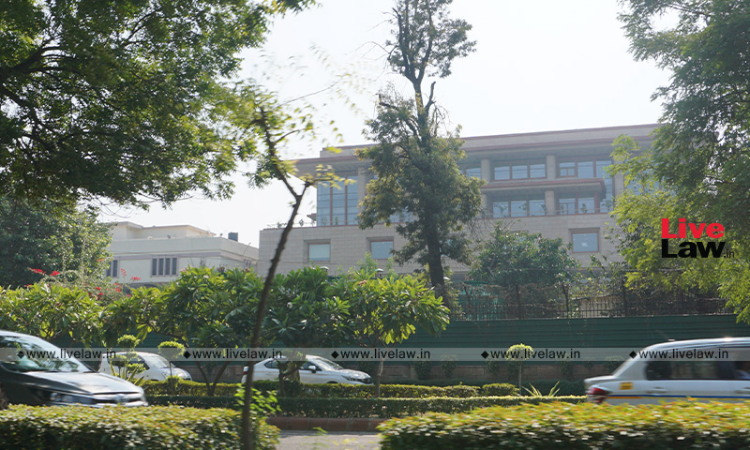The Delhi High Court on Friday made significant remarks with respect to people's right under Article 25 of the Constitution to choose and profess a religion of their choice and the right to freely convert their religion."(Religious) conversion is not prohibited in law. Every person has a right to choose and profess any religion of his/her choice. It is a Constitutional right. If someone is...

